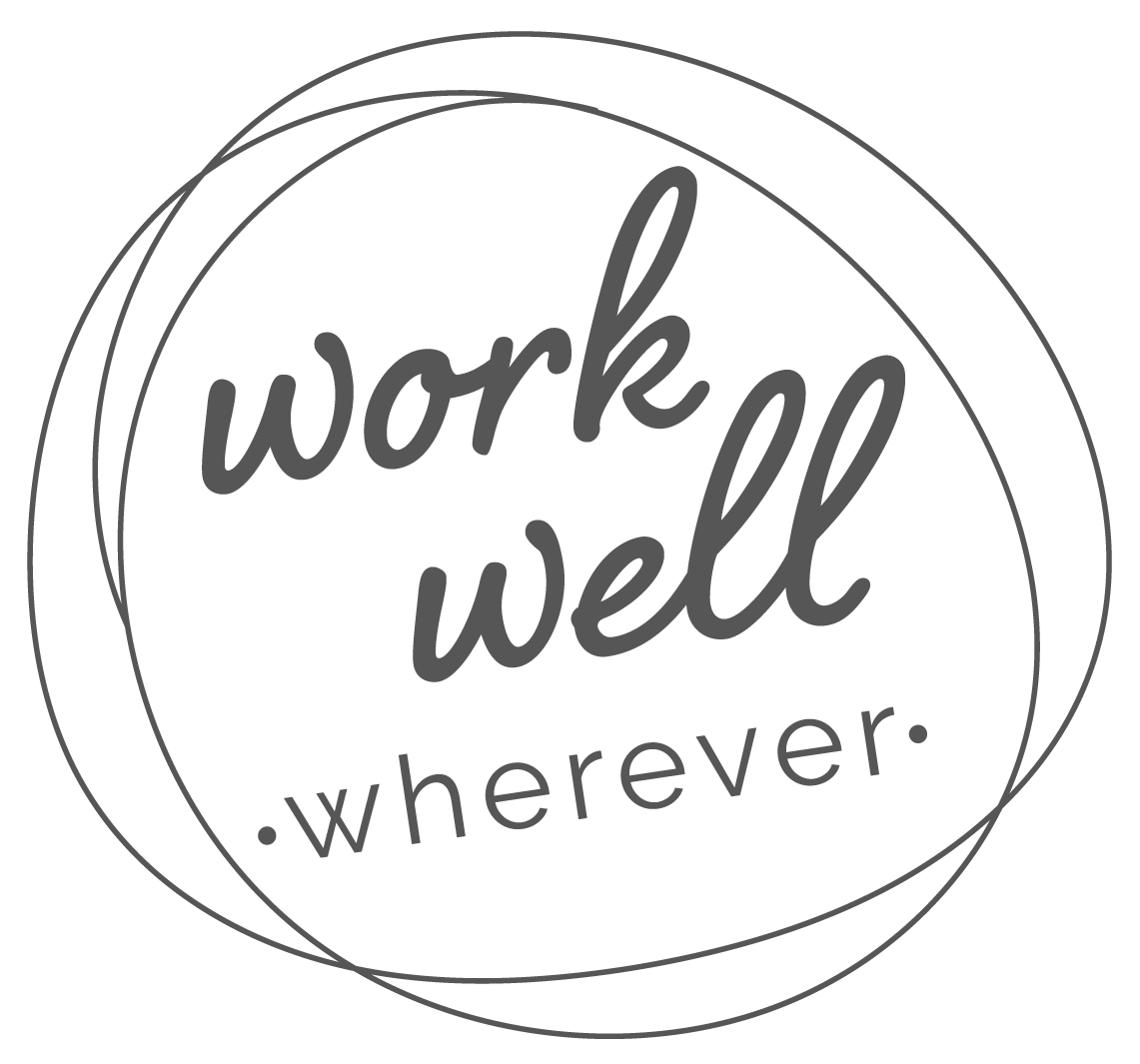5 Tips for Managing Burnout Leaders & Teams
It’s approaching the end of the year and unfortunately, this not only means that it’s crunch time but also that you need to make sure your employees are on their A-game to close out the year strong.
Are you noticing that some employees seem a bit burnt out?
People going through burnout can usually have some identifiable characteristics, such as (1) chronic fatigue; (2) frustrated with meeting demands; (3) self-criticism for putting up with the demands; (4) cynicism, negativity, and irritability; (5) a sense of being trapped; and (6) hair-trigger display of emotions.
Other symptoms of burnout are:
Distant
Delayed responses
Glazed eyes during a zoom meeting or conversation
Working late hours when it’s not necessary
Loss of motivation
Forgetfulness
Sometimes as much as you proactively try to make sure your employees don’t get burnt out by offering unlimited PTO, flex days, half days, and more...you still get employees that feel overwhelmed due to the holidays approaching, added stress at home, and a lot of other variables that fluctuate during the end of the year.
Most people experience a near burnout at some time in their careers. A 20-year study of a group of middle managers disclosed that many of them, now in their forties and with few prospects of further promotions, were tolerating unhappy marriages, narrowing their focus to their own jobs, and showing less consideration toward other people. Despite outward sociability, they were indifferent to friendships and often hostile. They had become rigid, had short fuses, and were distant from their children. (hbr.org)
1) Acknowledge that burnout is a thing
It is important to recognize that burnout can, does, and will happen. We’ve said this before but it all trickles down from the top. Burnout can and does happen to everyone, no matter the position they are in. The people in charge of training, onboarding, and discussions of management practice should acknowledge to employees that burnout can occur and that people’s vulnerability to it is something the organization recognizes and cares about. This can all get set in stone within the roots of your work culture.
2) Establish clear expectations in your culture surrounding time constraints and work-life balance from the top down.
Creating and actively encouraging time constraints on a day-to-day job is crucial to preventing burnout. Don’t allow your people to work 18-20 hours a day, even if there’s a big deadline. Typically those that are the rescuers of difficult situations are the ones that are a part of it over and over again. Understandably, managers often rely on their best people which typically are those who are always volunteering to help; but the best people are more vulnerable to becoming burned-out people. The overconscientious & overachievers, in particular, need to take time off from the demands of their role and to spend that time in refreshing recreation.
This is also an example of how this type of emphasis on your culture needs to be practiced and emphasized from the top-down. If the managers are not living by this and practicing this in their own lives, then it will set the tone for others to do the same.
3) Keep each other accountable
If someone sends an email at 11 pm at night, the next day they call them out for sending that email...you can say, “Hey, I saw the time stamp on your email…no need to stay up for things like that, feel free to just send me an email in the AM.” No matter if you are a start-up, small business, or growing business...setting clear expectations surrounding accountability, especially when it is in regards to culture could be your make or break later down the road.
4) Many performance-review programs actually contribute to a sense that one’s efforts will be unrecognized.
If you follow my work, you’ll know that performance reviews are a hot topic, especially as the world has gone remote. It’s now more important than ever to make your employees feel heard, seen and valued. If people are feeling unrecognized at work, this may steer them to feel as though they have to overcompensate by working overtime or sending that extra email even though they might know that it’s not completely necessary.
5) Delegate
You cannot do everything yourself. If you have more on your plate that you can manage, delegate tasks to someone on your team that you trust. Are there recurring tasks that are bogging you down? Make a list of those things and ask for help to complete them.
At the end of the day, you want your employees working at their absolute best. Managing employee and leader burnout is a way to keep you and your business in line so that it can work as efficiently and effectively as possible. Do you need additional tips specific to a situation or industry? Contact me for a FREE consultation.

